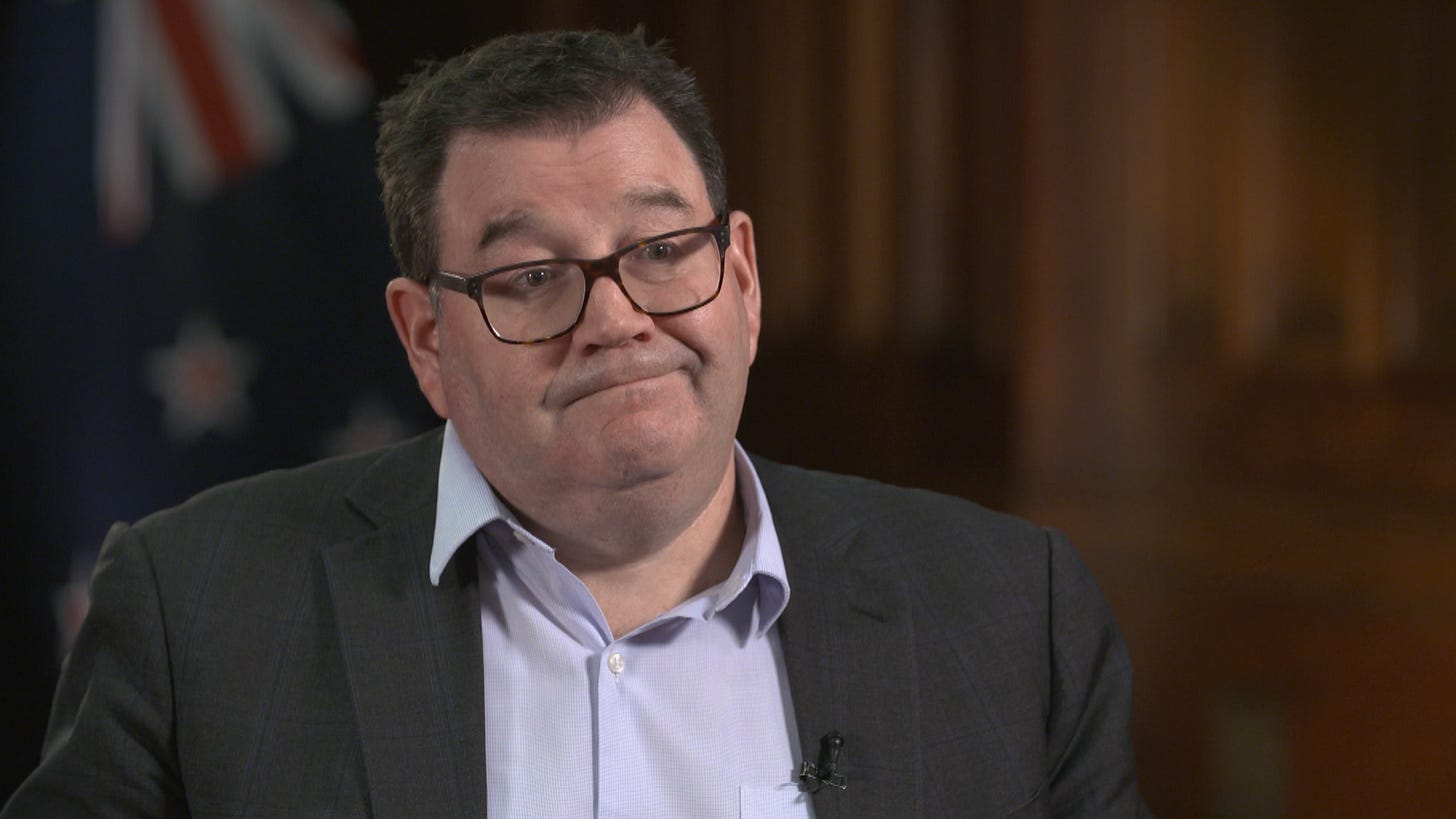
Dear Readers,
This is a quick comment about Grant Robertson’s donation to fund scholarships at the University of Otago.
Yesterday, 8 November 2024, various media outlets reported that the University of Otago is attempting to increase the value of scholarships to assist students. The Vice-Chancellor, Grant Robertson, also offered $49,000 from his salary, which grosses $629,000 a year.
On the positive side, it is crucial to mention that Robertson’s comments about his donation show that he understood some of the criticism of his appointment as Vice Chancellor with an incomprehensibly large salary. Also, Robertson must have remembered that he used to be a Labour politician, and as a social democrat, he should stand up for decreasing income inequalities.
The donation also reminded us of one of Jacinda Ardern’s steps in 2020, when, acknowledging the difficulties that the pandemic measures caused, the government decided to decrease ministerial salaries by 20% for six months, and, at the same time, decrease the salaries of members of parliament by 10%. Ardern herself put tremendous effort into thinking through how public officials should show compassion for the economic hardship. She mentioned, for example, that it had been a solution to offer this volume of money for charity purposes too; however, deciding who the possible recipients were could have caused unintended political ramifications.
Robertson has been thinking in a similar way.
On the wrong side, it is instructive to note the unintended message of this move. In my book, in section 6.5 about the controversial aspects of the COVID response in New Zealand, I emphasized one problematic aspect of the salary decrease. This aspect is the question of “whether MPs and ministers are paid properly. In a time of a crisis, such as the challenges of a pandemic, the leaders are the ones who should not make decisions with any feelings of panic. Similarly, when a ship is sinking, the captain is the last person who abandons the ship. Actually, it is a crisis when political leaders are needed the most. Decreasing their salaries is a weird message because it implies that during the time of normalcy, they are highly overpaid.” (p. 219)
Going back to Robertson’s donation, in a similar vein to the problem with the salary cut during a pandemic, it is important to ask whether the donation is an expression of Robertson's feeling overpaid. We can’t know, however, we need to remember that the largest problem with his appointment was not his salary.




